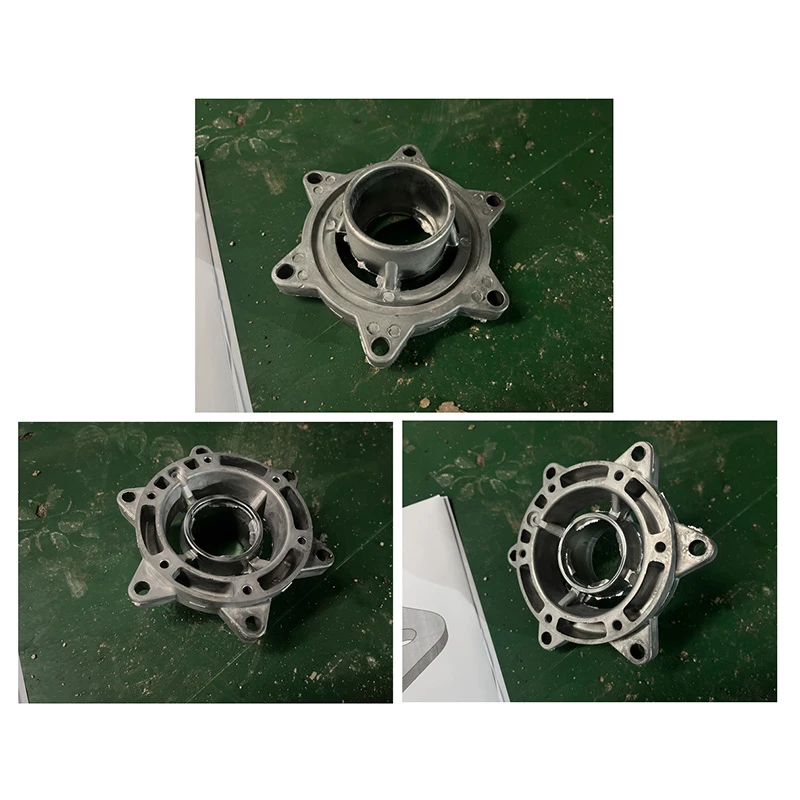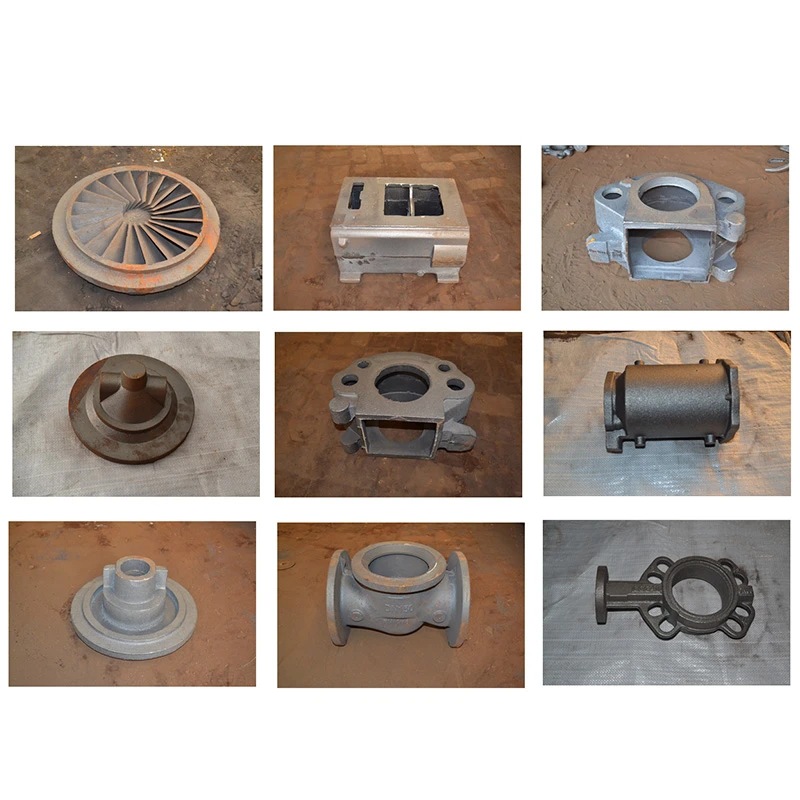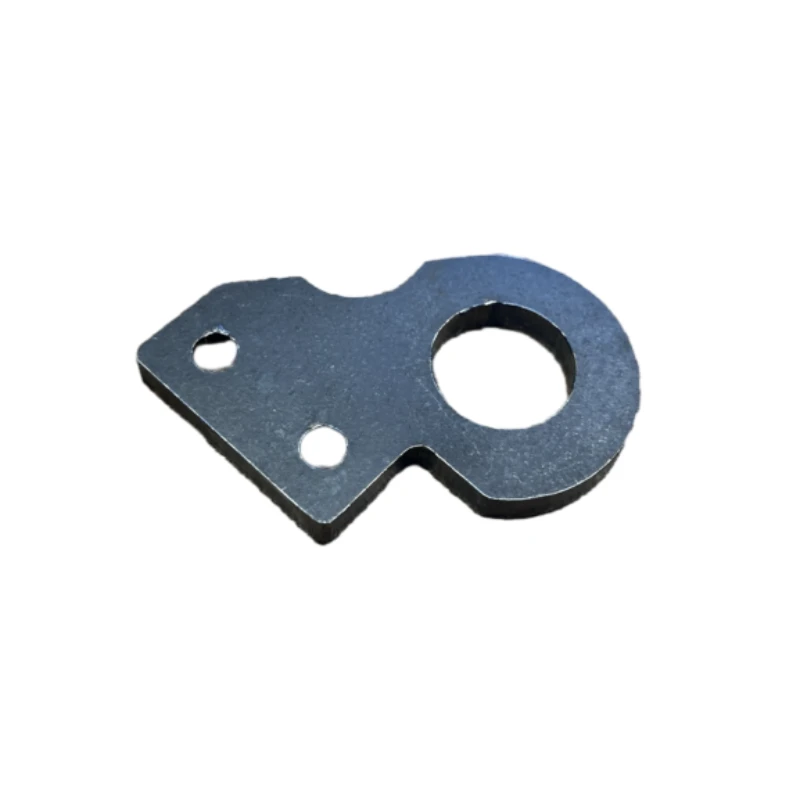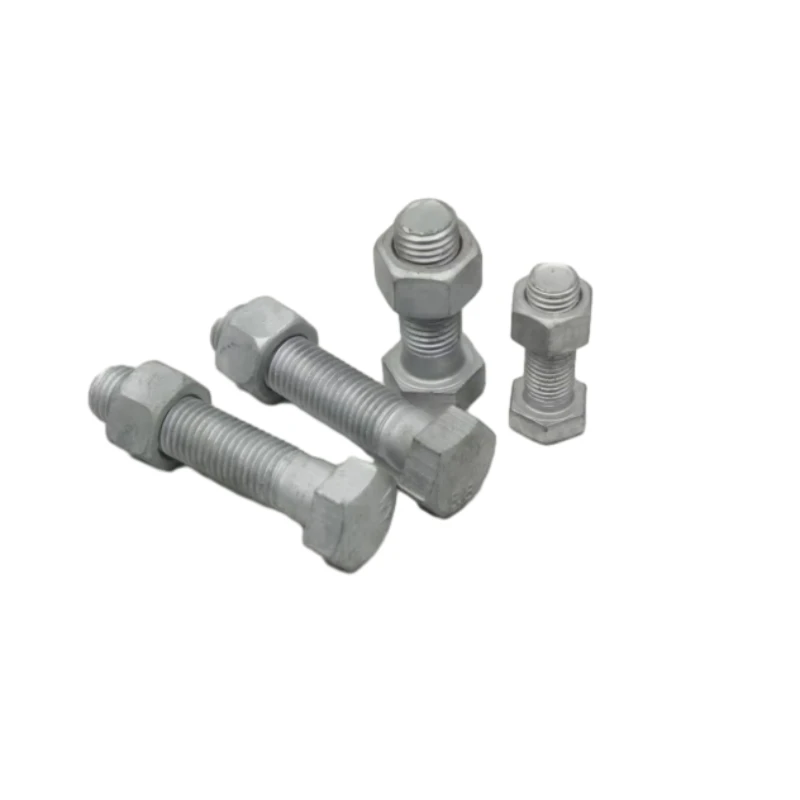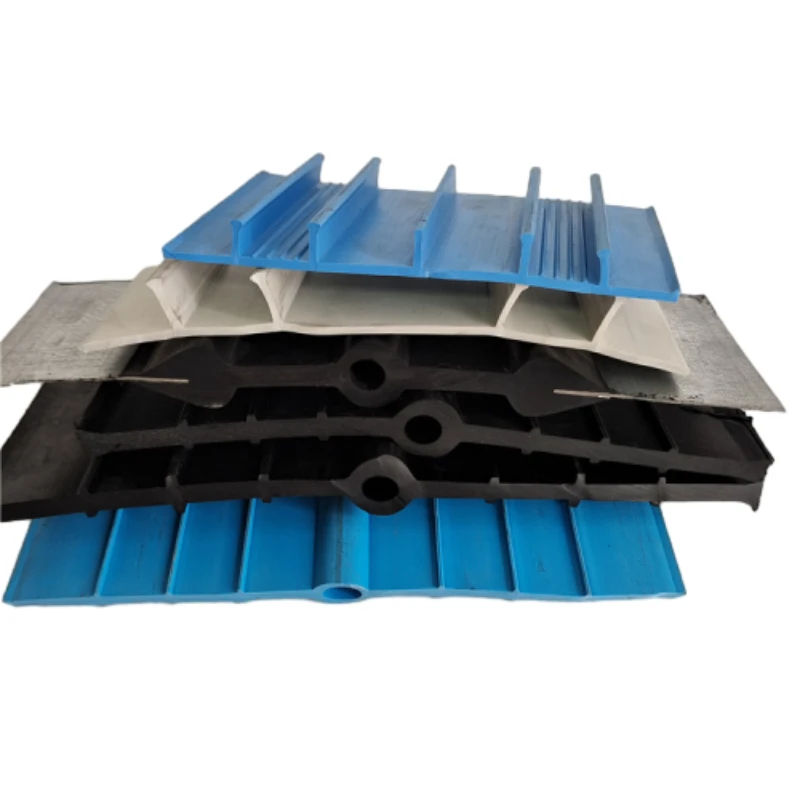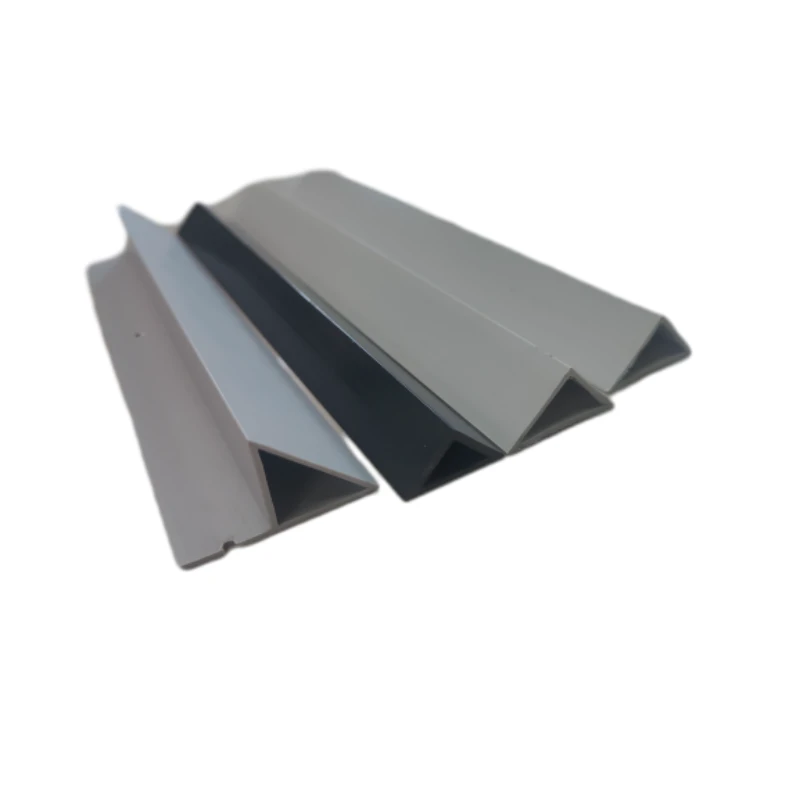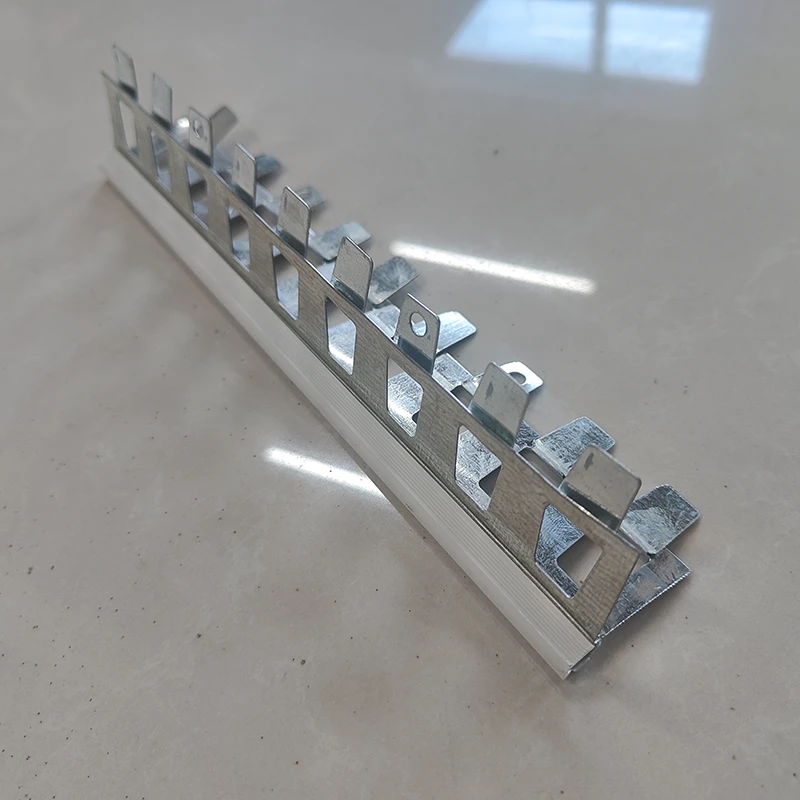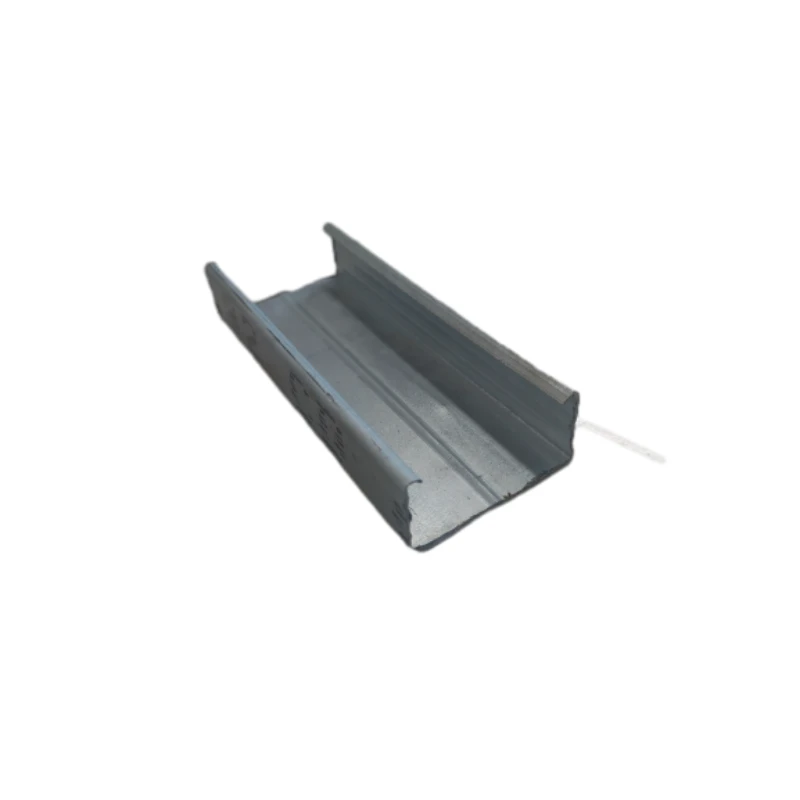Aug . 15, 2025 03:20 Back To List
Different Types of Bolt Nuts: Find Perfect Fasteners Here
Exploring the Versatility and Technicality of Industrial Fasteners
In the intricate world of industrial engineering and construction, the reliability of fastening solutions is paramount. Bolts and nuts, though seemingly simple components, form the backbone of structural integrity across diverse applications. Understanding the different types of bolt nuts is crucial for any project manager, engineer, or procurement specialist aiming for optimal performance and longevity. The global fasteners market, valued at approximately $90 billion in 2023, is projected to grow at a compound annual growth rate (CAGR) of over 4% from 2024 to 2030, driven by escalating demand in the automotive, construction, and manufacturing sectors. This growth underscores the evolving needs for specialized fasteners, including solutions for high-stress, corrosive, or high-temperature environments. Our comprehensive range of Bolts and Nuts, encompassing everything from standard hexagonal configurations to specialized items like mushroom bolts and nuts and acorn nuts and bolts, is engineered to meet these rigorous industry demands, ensuring secure and durable connections.
The increasing complexity of modern industrial machinery and infrastructure projects necessitates fasteners that offer superior material properties and precise manufacturing tolerances. For instance, the demand for lightweight, high-strength fasteners in aerospace and automotive industries is driving innovations in alloy materials and heat treatment processes. Similarly, the energy sector, particularly in renewable energy installations like wind turbines and solar farms, requires fasteners capable of withstanding extreme environmental conditions and dynamic loads over decades. This shift emphasizes not just the variety, but also the inherent quality and performance characteristics of each fastener type. Our commitment to providing high-quality wholesale nuts and bolts ensures that our clients receive products that adhere to the strictest industry standards, offering both cost-effectiveness and unparalleled reliability for large-scale operations and complex installations.
Precision Manufacturing: The Journey of Industrial Fasteners
The manufacturing of different types of bolt nuts is a sophisticated process that combines metallurgical science with advanced engineering techniques. It typically begins with careful material selection, often high-grade carbon steel, stainless steel (e.g., A2/304, A4/316), or alloy steels, chosen for their specific strength, corrosion resistance, and ductility profiles. The primary manufacturing processes employed include cold forming (cold heading/forging), hot forging, and CNC machining, each tailored to the specific design and volume requirements of the fastener. Cold heading, for instance, is ideal for high-volume production of standard bolts and nuts, offering excellent material utilization and surface finish. Hot forging is preferred for larger, more complex shapes or when specific grain structures are desired for enhanced strength and fatigue resistance, commonly seen in heavy-duty applications or specialized fasteners like large anchor bolt and nut assemblies.
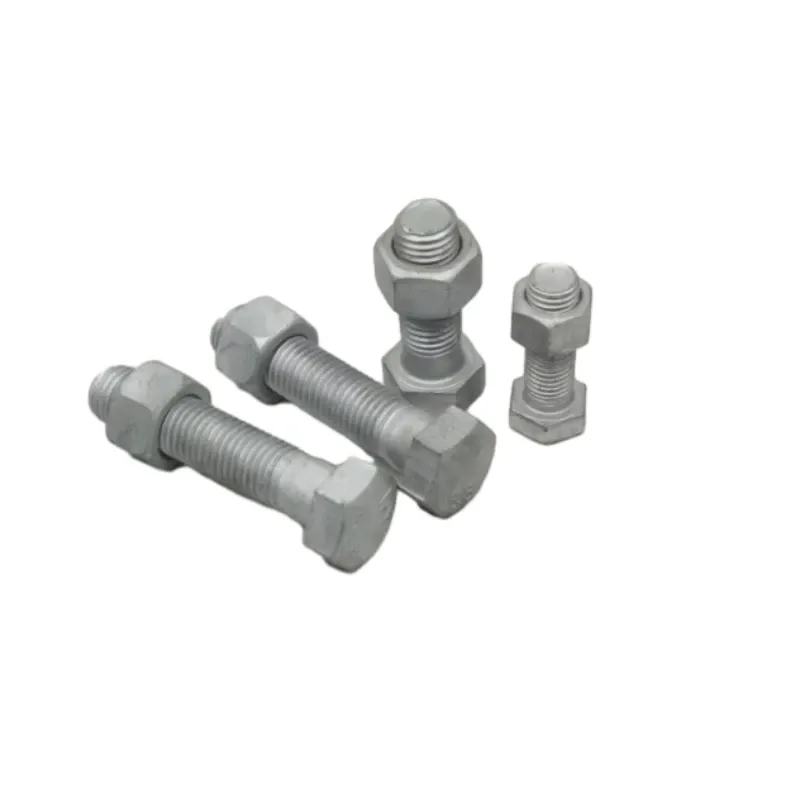
Following initial formation, fasteners undergo critical secondary processes such as thread rolling, heat treatment, and surface finishing. Thread rolling, rather than cutting, enhances the fastener's fatigue strength by cold working the material and maintaining continuous grain flow. Heat treatment, including hardening and tempering, optimizes the mechanical properties like tensile strength and hardness, making the fasteners suitable for demanding industrial environments. Surface finishes, such as galvanization, zinc plating, or specialized coatings like PTFE, provide crucial protection against corrosion and wear, significantly extending the service life of the components. All our fasteners adhere strictly to international inspection standards, including ISO (International Organization for Standardization) and ANSI (American National Standards Institute), ensuring consistent quality and performance. Our products are extensively used in sectors like petrochemicals, metallurgy, water supply and drainage systems, where their anti-corrosion and long-life properties contribute significantly to operational efficiency and safety.
Technical Specifications and Diverse Fastener Types
The selection of the appropriate fastener from the myriad of different types of bolt nuts hinges on a thorough understanding of their technical specifications and intended application. Fasteners are classified by head type, drive type, thread type, material, and coating, each dictating their suitability for specific mechanical and environmental conditions. For instance, hex head bolts and nuts are ubiquitous for general fastening due to their ease of wrenching, while specialized types like acorn nuts and bolts offer an aesthetic finish and protection for exposed threads. Our comprehensive product range includes high-tensile bolts (Grade 8.8, 10.9, 12.9), stainless steel variants (A2, A4), and various specialized nuts designed for specific functions such as locking, sealing, or decorative purposes. The table below outlines key parameters for some common and specialized fasteners.
Key Technical Parameters for Industrial Bolts and Nuts
The selection process also considers the environmental conditions, such as exposure to chemicals, extreme temperatures, or vibrations, which directly influence the choice of material and coating. For instance, in chemical processing plants, A4/316 stainless steel bolts and nuts are preferred due to their superior resistance to various corrosive agents, while for structural steel connections, high-strength carbon steel fasteners with hot-dip galvanized coatings are common to ensure long-term durability against weathering. Each category of fasteners, from common hex bolts to specialized wholesale nuts and bolts, serves a unique function, and understanding these nuances is critical for robust engineering designs.
Application Scenarios and Technical Advantages
The utility of different types of bolt nuts extends across virtually every industrial sector, from heavy machinery to delicate electronics. In the construction industry, high-strength structural bolts are indispensable for erecting steel frameworks for skyscrapers and bridges, where their immense tensile and shear strength ensures structural integrity against dynamic loads and seismic activity. In the automotive sector, specialized engine bolts and wheel nuts withstand constant vibration and thermal cycling, demanding high fatigue resistance and precise torque control. The energy sector, particularly in oil and gas pipelines or power generation plants, relies on corrosion-resistant and high-temperature fasteners capable of performing under extreme pressures and aggressive chemical environments, contributing to enhanced energy efficiency by preventing leaks and maintaining system integrity.
Specific advantages offered by specialized fasteners are noteworthy. For example, the domed top of acorn nuts and bolts not only provides a finished aesthetic but also protects the threaded end from damage and prevents snagging, making them ideal for applications where safety and appearance are critical, such as playground equipment or furniture. Mushroom bolts and nuts, characterized by their low-profile, smooth, rounded heads, are frequently used in applications where a flush, tamper-resistant surface is required, often found in public installations or specific machinery where protruding heads could pose a hazard. Similarly, the specialized design of anchor bolt and nut systems is crucial for securely fastening heavy equipment or structural columns to concrete foundations, providing the foundational stability required for large industrial facilities or bridges. These examples underscore how tailored fastener solutions contribute to overall system reliability, safety, and operational efficiency, showcasing their technical prowess.
Choosing a Partner: Expertise, Authority, and Trustworthiness
Selecting the right supplier for wholesale nuts and bolts is as critical as selecting the right fastener type itself. A reputable manufacturer differentiates itself through adherence to rigorous quality standards, extensive industry experience, and a commitment to customer support. Our company, with over 15 years of dedicated service in the fastener industry, possesses deep expertise in the engineering, manufacturing, and application of all different types of bolt nuts. We hold certifications such as ISO 9001:2015, affirming our robust quality management systems from raw material procurement to final inspection. Our extensive portfolio includes collaborations with major engineering firms and construction companies globally, providing fasteners for landmark projects that demand uncompromising quality and precise specifications.
Beyond standard offerings, we specialize in providing customized bolt and nut solutions tailored to unique project requirements. This includes custom dimensions, specific material alloys for extreme environments, specialized coatings for enhanced corrosion resistance, or bespoke designs for unique structural challenges. Our engineering team leverages advanced CAD/CAM tools and simulation software to design and validate custom fasteners, ensuring they meet exact performance criteria and integrate seamlessly into complex assemblies. This ability to offer bespoke solutions, combined with stringent quality control and comprehensive technical support, solidifies our position as an authoritative and trustworthy partner in the industrial fastener supply chain, ensuring that every batch of products, from standard hex nuts to custom anchor bolt and nut assemblies, delivers peak performance.
Real-World Impact: Application Cases and Quality Assurance
Our fasteners have been integral to the success of numerous challenging projects worldwide. For example, our high-strength structural bolts were deployed in the construction of a major industrial plant in the Middle East, where they provided critical connections for heavy steel structures exposed to high temperatures and corrosive desert conditions. The exceptional tensile strength and durability of these fasteners ensured the plant's structural integrity over decades of operation, a testament to their long service life and resistance to environmental degradation. In another instance, our custom-designed mushroom bolts and nuts were utilized in the assembly of specialized medical equipment, where their non-protruding design and smooth finish were essential for both aesthetic appeal and patient safety, demonstrating adaptability to highly sensitive applications and meeting stringent performance benchmarks.
Quality assurance is a cornerstone of our operations, guaranteeing the reliability of every product we deliver. Each batch of different types of bolt nuts undergoes a comprehensive series of tests, including tensile strength tests, hardness tests, impact tests, and salt spray tests for corrosion resistance, all conducted in ISO/IEC 17025 accredited laboratories. We provide full material traceability and test certificates (MTC) with every order, ensuring complete transparency and compliance with industry regulations. Our products consistently exceed industry benchmarks, contributing to enhanced safety, reduced maintenance costs, and prolonged operational life for our clients' critical infrastructure. We stand by our products with a robust quality guarantee and offer responsive customer support, including post-sales technical assistance and clear delivery cycle communications, ensuring peace of mind for our clients.
Frequently Asked Questions (FAQ)
Q1: What are the key factors to consider when choosing different types of bolt nuts for my project?
A1: Key factors include the application environment (e.g., exposure to moisture, chemicals, temperature extremes), required mechanical properties (tensile strength, shear strength, fatigue resistance), material compatibility with components being joined, and specific industry standards or certifications. Considering specialized types like anchor bolt and nut for concrete applications or acorn nuts and bolts for aesthetic and protective purposes is also crucial.
Q2: How do you ensure the quality and authenticity of your wholesale nuts and bolts?
A2: We adhere to strict quality control protocols, including material analysis, in-process inspections, and final product testing. Our manufacturing facilities are ISO 9001:2015 certified, and products meet international standards such as ANSI, DIN, and JIS. We provide comprehensive Material Test Certificates (MTCs) and offer third-party inspection reports upon request to ensure complete transparency and traceability.
Q3: Can you provide custom fasteners, such as specific dimensions or materials for mushroom bolts and nuts?
A3: Yes, custom solutions are a significant part of our service. Our engineering team works closely with clients to design and manufacture fasteners according to specific requirements, including non-standard dimensions, unique thread configurations, specialized materials (e.g., exotic alloys), and custom coatings. We leverage advanced manufacturing techniques to deliver bespoke solutions that perfectly fit your project's needs.
Q4: What is your typical delivery cycle for large orders of industrial fasteners?
A4: Our delivery cycles vary depending on the order volume, product complexity, and stock availability. For standard wholesale nuts and bolts, we typically maintain a ready stock for immediate dispatch. For custom or large-volume orders, our lead times are communicated transparently upfront and are managed efficiently through our robust supply chain and production planning, ensuring timely delivery to meet project deadlines. We also offer expedited shipping options for urgent requirements.
Conclusion
The extensive range and technical diversity of different types of bolt nuts highlight their indispensable role in engineering and construction. From standard hex bolts foundational to most structures to specialized fasteners like mushroom bolts and nuts, acorn nuts and bolts, and robust anchor bolt and nut systems, each serves a critical purpose in ensuring the safety, stability, and longevity of industrial applications. Choosing a supplier with proven expertise, stringent quality control, and the capability for customized solutions is paramount for achieving optimal project outcomes and ensuring long-term reliability. Our commitment to delivering high-performance, compliant, and cost-effective fastening solutions positions us as a trusted partner for industries worldwide, enabling engineers and project managers to build with confidence.
References
- Fastener Industry Trends and Market Outlook.
- Principles of Cold Forging and Heat Treatment in Fastener Manufacturing.
- International Standards for Mechanical Properties of Fasteners (ISO 898-1, ASTM F606).
- Corrosion Protection Methods for Steel Fasteners in Industrial Environments.
- Best Practices for Fastener Selection in Structural Engineering Applications.
This is the first article
Latest News
-
Premium Roofing Materials: Durable & Reliable Building SolutionsNewsAug.14,2025
-
Premium Concrete Form Ties: Secure & Efficient Formwork SolutionsNewsAug.13,2025
-
Aluminium Formwork Shuttering: Efficient & Reusable Concrete SolutionNewsAug.12,2025
-
Efficient Ground Beam Shuttering for High-Rise ConstructionNewsAug.11,2025
-
Secure Formwork Clamps for Concrete & Column ConstructionNewsAug.10,2025

